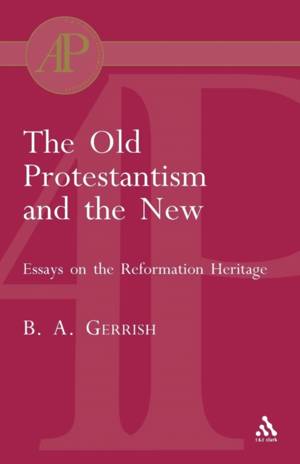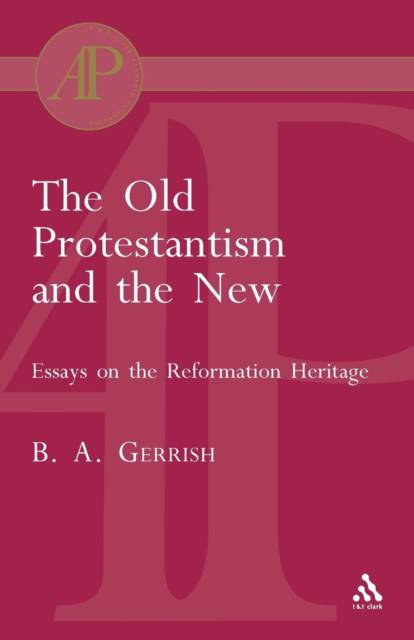
- Retrait gratuit dans votre magasin Club
- 7.000.000 titres dans notre catalogue
- Payer en toute sécurité
- Toujours un magasin près de chez vous
- Retrait gratuit dans votre magasin Club
- 7.000.000 titres dans notre catalogue
- Payer en toute sécurité
- Toujours un magasin près de chez vous
Description
It is B. A. Gerrish's contention, in his overview of Protestant ideas gathered together over a number of years, that the significance of Protestant ideas cannot be appraised historically if Luther is made the sole point of reference or if the Reformation is treated as something other than a critical moment in a larger historical development to which liberal Protestantism also belongs. Nor, he maintains, can ideas and doctrines be understood in abstraction from the religious experience they express.
The Old Protestantism and the New, therefore, redresses the present imbalance in historical studies of Protestantism by raising questions about the intellectual heritage of the Reformers in the modern world. Gerrish's approach is shaped by three dominant interests: Luther's relation to other Reformers, especially Calvin; the relationship between classical and liberal Protestant thought; and the patterns of religious experience behind theological formulas. The originality of the individual chapters, which are written for historians as well as specialists in religious thought, is enhanced by the way in which the book as a whole brings together pivotal thinkers, including Erasmus, Schleiermacher and Barth.
Spécifications
Parties prenantes
- Auteur(s) :
- Editeur:
Contenu
- Nombre de pages :
- 434
- Langue:
- Anglais
- Collection :
Caractéristiques
- EAN:
- 9780567080486
- Date de parution :
- 11-11-04
- Format:
- Livre broché
- Format numérique:
- Trade paperback (VS)
- Dimensions :
- 143 mm x 217 mm
- Poids :
- 530 g







